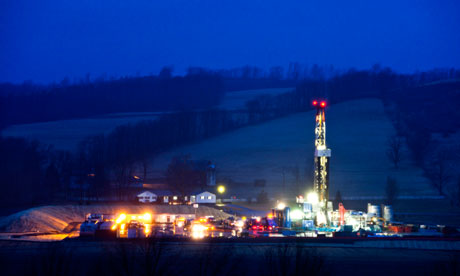Shale gas is reshaping America’s economy, environment and politics in still surprising ways. It was an unpredicted phenomenon, but shale gas, now more than a decade old, accounts for 40% of the natural gas in the US. The success of shale production, that has reached large areas of America where no gas development previously existed, birthed the largest environmental movement since the anti-nuclear power protests of the Three Mile Island era. The “fracking wars” have come to America and the world, with the recently fired French energy and environment minister saying shale gas supporters wanted her scalp.The massive supply of shale gas crashed the price of gas from $13 for a thousand cubic feet in July 2008 to below $4, delivering heating and electricity savings of $1,000 per year to many US consumers and helping to fend off further recession in 2011 and 2012. These large price reductions in heat and power – necessities of life – are especially vital for those living in poverty, and a welcome turn of luck for median-income households.
As a result of shale gas, fortune has smiled as well on millions of Americans who have lease their land to the drilling industry. They receive payments and royalty checks that total tens of billions of dollars. Hundreds of thousands more get a paycheck from jobs created directly or indirectly by the shale gas boom and chemical manufacturing associated with it.
Shale gas in the US is no Ponzi scheme, resting on sketchy reserves, as some have recklessly asserted, but a durable economic bonanza that could return energy intensive manufacturing jobs to many communities. In fact, the new gas volumes are so real and enormous that they threaten coal, oil, nuclear and renewable energy.
So far, shale gas is co-existing with solar and wind, whose capacity skyrocketed respectively 14 and 2 times since 2008, but is in mortal combat with coal. Cheap natural gas is coal’s market nemesis, plunging coal electricity to only 37% of the market in 2012 from 48% in 2008 and causing investors to pull the plug on 150 planned coal-fired power plants. Though Republicans reflexively charge President Obama with a war on coal, Adam Smith’s market forces caused coal to lose market share at a rapid pace.
If you care about the environment, you should welcome natural gas fracking

No comments:
Post a Comment